Ukraine’s Geopolitical Game: The Perils of Arming Kiev
“It is true that if in fact diplomacy fails, what I’ve asked my team to do is look at all options… The possibility of lethal weapons is one of those options that is being examined.” – President Barack Obama, Bloomberg View, Feb 9, 2014
It’s getting more and more attractive: Washington’s position towards arming the Ukrainian forces is gathering its adherents like moths to a flame. US Secretary of Defense nominee Ashton B. Carter is making the rumblings, telling the Senate armed services committee that he was very inclined “in that direction”. US Secretary of State, John Kerry, is on record for supporting the proposition, as is Vice President Joe Biden, and a host of Congressional members. The think tank community is gearing up with suggestions on how to combat a “revanchist” Russia.[1]
The Atlantic Council, the Brookings Institution, the Center for a New American Security and the Chicago Council on Global Affairs, in a combined report, have also made the same pitch. The title of the report leaves the reader in no doubt: Preserving Ukraine’s Independence, Resisting Russian Aggression: What the United States and NATO Must Do (2015).[2] Alarmed, the authors speak of how “The situation in eastern Ukraine is urgent and deteriorating.” The separatists are making ground. The Russians are amassed on the border.
The report barely shies away from ancient theories of Russian brutality and expansion, with Moscow’s Ukraine intervention constituting “the gravest security threat to the transatlantic community and Eurasia since the end of the Cold War”. (Foolish western meddling and the Maidan coup find no room in the pages of the report.) The musty and dust-covered theory of the “domino effect” finds a voice with the idea that Moscow is taking one territorial bite at a time, incarnating itself as the next juggernaut of history.
A successful, joint Russian-separatist action to gain control of the entire Donbas region, would prove significant. “The costs of the West of maintaining an independent Ukraine would then grow, and Moscow might be emboldened to take further actions.” The historical vacuousness of the claim, ignoring the intrinsically bound nature of Kiev and Moscow through history, is scrubbed.
The authors admit that some actions have been taken to shackle Russia. “Severe economic sanctions” have been leveled. Oil prices have dropped. Export earnings have been reduced. “But they have not yet achieved their principal political goal: effecting a change in Russian policy towards Ukraine.” The Ukrainian authorities also come across as feeble. They have mounted “limited military operations”. President Poroshenko is depicted as man treating Russia with kid gloves.
It is therefore incumbent on the part of Western powers to provide military “capabilities that would allow [Ukrainian forces] to inflict significant costs on the Russian military, should the Russians launch new offensive operations, sufficient enough that Moscow will be deterred from further aggression.” Counter-battery radars, medium altitude UAVs, electronic countermeasures, secure communications capabilities, armoured Humvees, medical support equipment, are on the recommended supply list.
The logic for a bloody, escalated conflict is thereby drawn, one eerily reminiscent of the policy adopted by the Carter administration in 1979 towards the Soviet invasion of Afghanistan. As then secretary of state Zbigniew Brzezinski explained, the policy involved outward condemnation and sanctions on the one hand, and a joint response with Pakistan, “the purpose of which would be to make the Soviets bleed for as much and as long as possible.”[3] We know all too well where that policy led.
Doyens of the international relations fraternity John Mearsheimer and Stephen Walt veer towards the view that arming Kiev is not merely a counterproductive suggestion but dangerous. For Mearsheimer, lethal assistance to Ukraine would not improve the fate of that country, nor the situation. “Sending weapons to Ukraine will not rescue its army and will instead lead to an escalation in the fighting.” He prefers, instead, to see Ukraine as “a neutral buffer state between Russia and NATO” – much as Austria was during the Cold War (New York Times, Feb 9). Strategic realities had to be accepted.
Walt suggests that a good overview of demography and history is needed when reading Russia, which is “not an ambitious rising power like Nazi Germany or contemporary China” but “an aging, depopulating, and declining great power trying to cling to whatever international influence it still possesses and preserve a modest sphere of influence near its borders, so that stronger states – and especially the United States – cannot take advantage of its growing vulnerabilities.”[4]
Brookings scholar Jeremy Shapiro, effectively disagreeing with his own organisation’s assessment of the situation, warns that such stepped-up assistance would affirm the “anti-imperialist” narrative and bolster Moscow’s claims that it is involved in a civilizational punch-up with its rivals to the West.[5] Moral indignation alone was never sufficient – “no matter how righteous and satisfying,” it was not a strategy. “A strategy needs to describe just how provision of American arms would make the situation better.”
But the traditionalist line of providing punch and not looking feeble in the power game is hard to dispel. A good example of this is provided by James Jeffrey, which barely distinguishes between a strategic context, and a morally indignant one. Not looking macho enough before Putin is a particular sticking point. “Providing arms would end Washington’s ‘not providing arms’ policy, thereby establishing moral clarity as a first step in a long duel with Moscow.”[6] Such a view tallies with the position of “NATO, the European Union, and the United States that Ukraine is facing external aggression from Russia.”
Even the pro-arming commentators do not shy away from what they ultimately deem a futile gesture. In the military game, Ukraine can only lose if Russia fully commits to the conflict. Kiev is treated as something of an incompetent strategic pygmy – but in the scheme of things, that will do for those wanting to give Moscow a bloody nose. There will be more deaths all around, and a prolonged conflict. Poor strategy indeed.
References
[1] http://www.lowyinterpreter.org/post/2014/03/19/russia-crimea-putin-revanchism.aspx?COLLCC=1393826791&COLLCC=3047633214&
[2] http://www.thechicagocouncil.org/sites/default/files/UkraineReport_February2015_FINAL.pdf
[3] http://www2.gwu.edu/~nsarchiv/coldwar/interviews/episode-17/brzezinski2.html
[4] http://foreignpolicy.com/2015/02/09/how-not-to-save-ukraine-arming-kiev-is-a-bad-idea/?utm_content=buffer27008&utm_medium=social&utm_source=facebook.com&utm_campaign=buffer&wp_login_redirect=0
[5] http://www.brookings.edu/blogs/up-front/posts/2015/02/03-why-arming-ukrainians-is-a-bad-idea-shapiro
[6] https://foreignpolicy.com/2015/02/10/vladimir-putin-why-barack-obama-should-arm-ukraine-bush-administration-georgia/
Editor’s Notes: Photographs one, seven, eleven and twelve from Reporteros Tercerainformacion archive; photographs two, six and nine by Sasha Maksymenko; photographs three, five and ten by K. Aksoy; and photographs four and eight from the archive of Karl-Ludwig Poggemann.
Related Articles


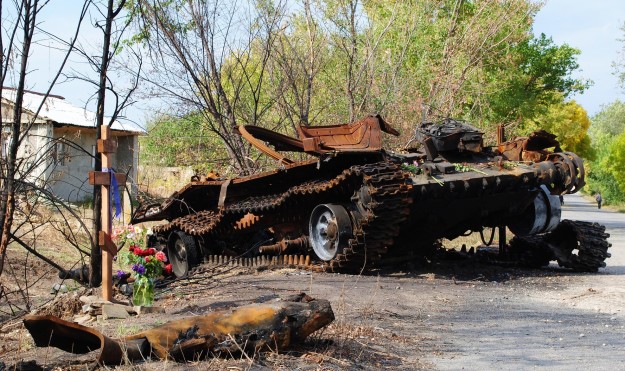
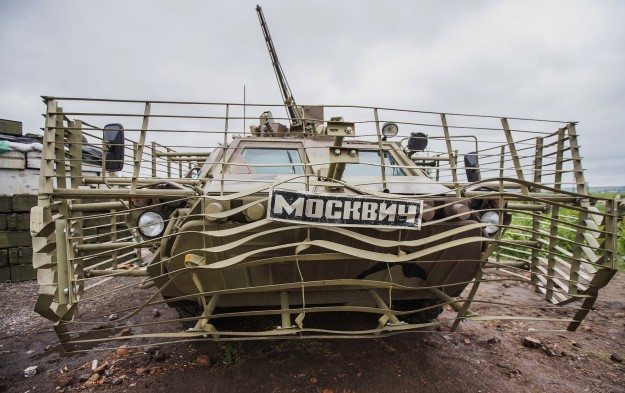
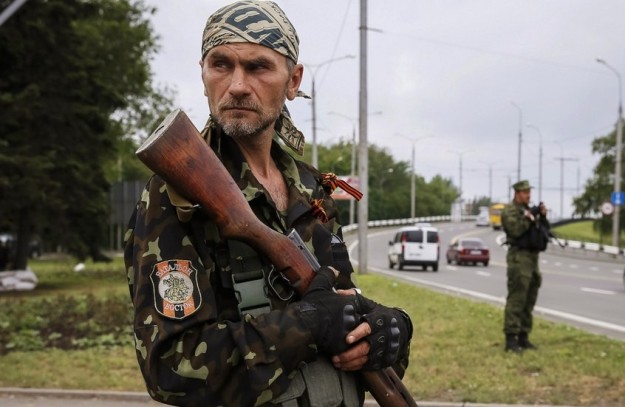
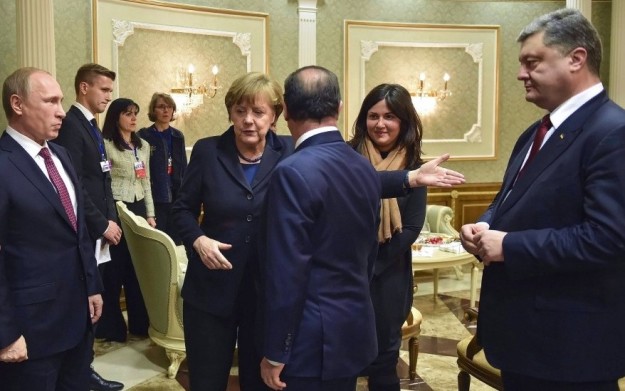
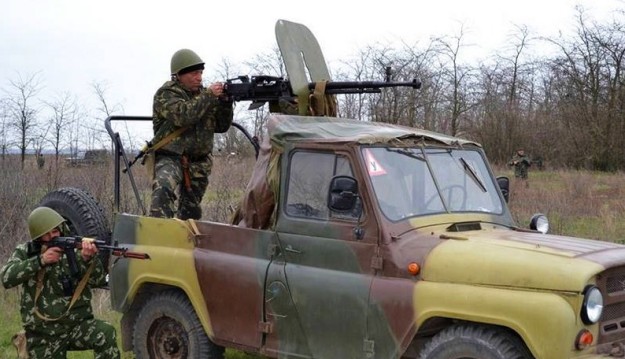
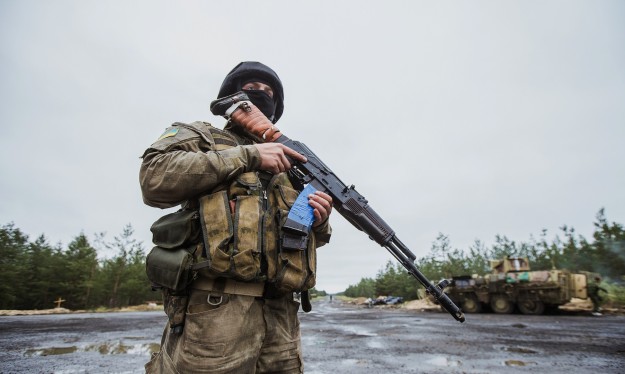
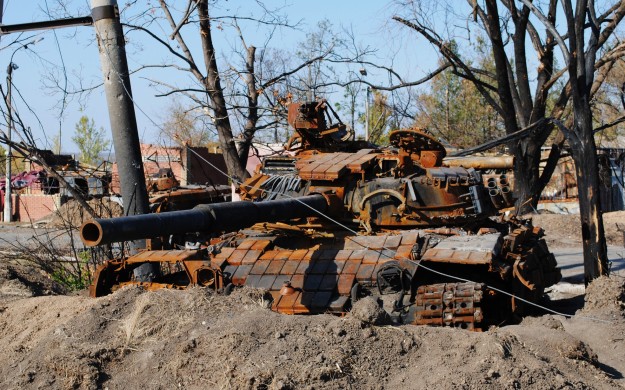
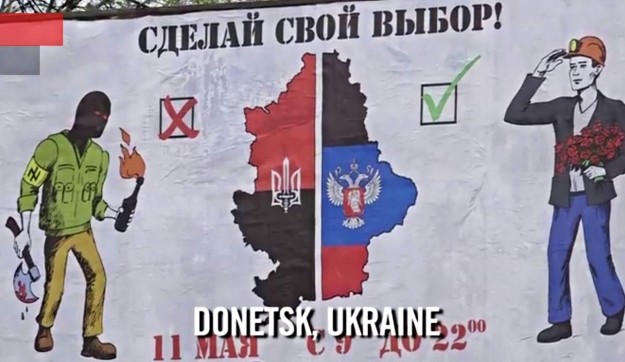
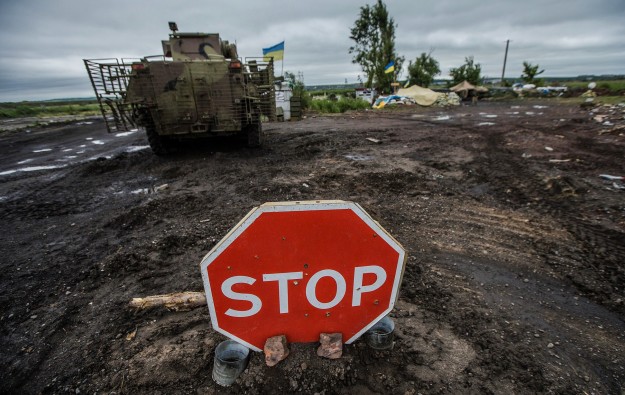
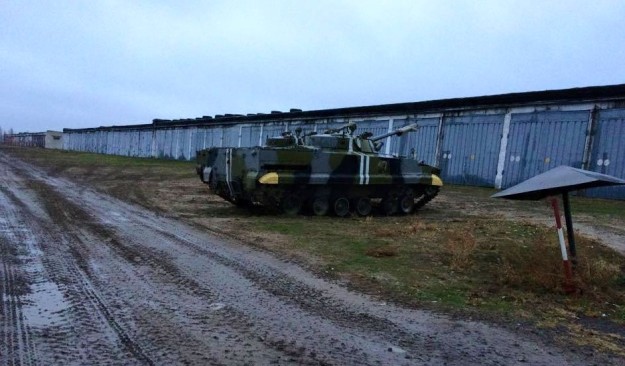
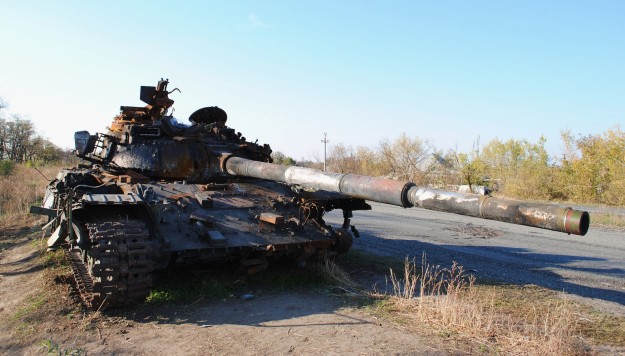
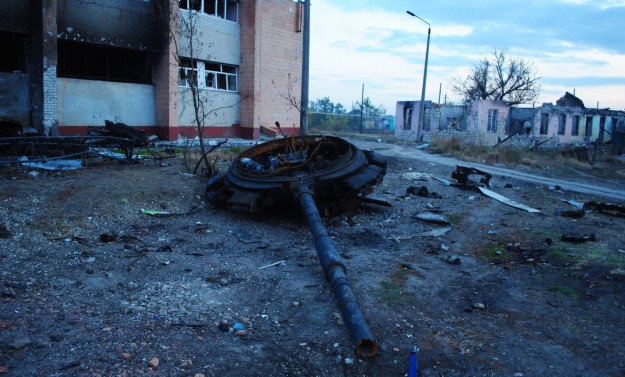











You must be logged in to post a comment Login